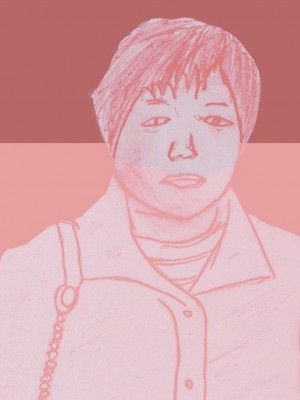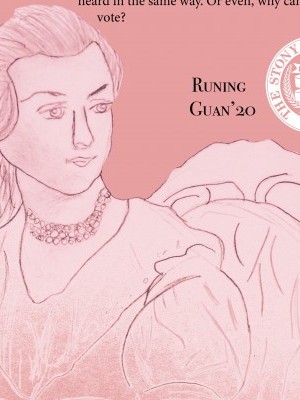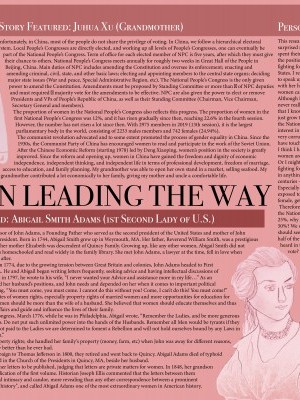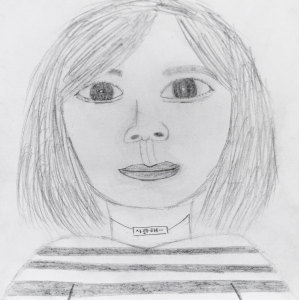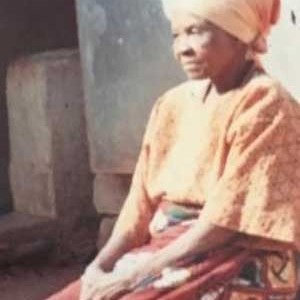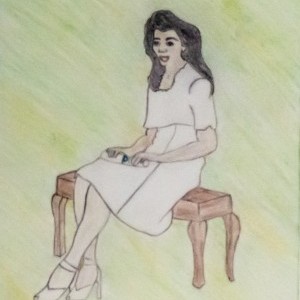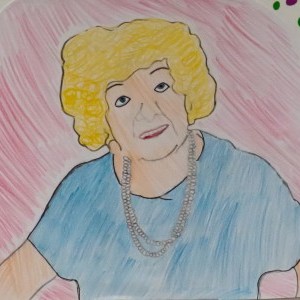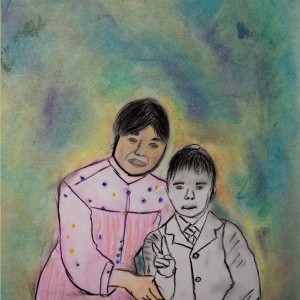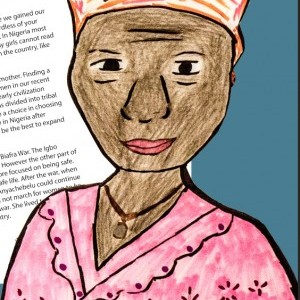Runing Guan
The Stony Brook School | Stony Brook, NY | 9-12th Grade
Inspirational Family Member
My Grandmother
Unfortunately, in China, most of the people do not share the privilege of voting. In China, we follow a hierarchical electoral system. Local People’s Congresses are directly elected, and working up all levels of People’s Congresses, one can eventually be part of the National People’s Congress. Term of office for each elected member of NPC is five years, after which they must give their chance to others. National People’s Congress meets annually for roughly two weeks in Great Hall of the People in Beijing, China. Main duties of NPC includes amending the Constitution and oversee its enforcement; enacting and amending criminal, civil, state, and other basic laws; electing and appointing members to the central state organs; deciding major state issues (War and peace, Special Administrative Region, etc). The National People’s Congress is the only given power to amend the Constitution. Amendments must be proposed by Standing Committee or more than ⅕ of NPC deputies and must required ⅔ majority vote for the amendments to be effective. NPC are also given the power to elect or remove Presidents and VPs of People’s Republic of China, as well as their Standing Committee (Chairman, Vice Chairman, Secretary General and members).
The proportion of women in the National People’s Congress also reflects this progress. The proportion of women in the first National People’s Congress was 12%, and it has risen gradually since then, reaching 22.6% in the fourth session. However, the number has not risen a lot since then. With 2975 members in 2019 (13th session), it is the largest parliamentary body in the world, consisting of 2233 males members and 742 females (24.94%).
The communist revolution advocated, and to some extent promoted, the process of gender equality in China. Since the 1930s, the Communist Party of China has encouraged women to read and participate in the work of the Soviet Union. After the Chinese Economic Reform (starting 1978) led by Deng Xiaoping, women’s position in society was greatly improved. Since the reform and opening up, women in China have gained the freedom and dignity of economic independence, independent thinking, and independent life in terms of professional development, freedom of marriage, access to education, and family planning. My grandmother was able to open her own stand in a market, selling seafood. My grandmother contributed a lot economically to her family, giving my mother and uncle a comfortable life.
Historical Figure I Admire
Abigail Adams
Abigail Adams was the wife and closest advisor of John Adams, a founding father who served as the second president of the United States, and mother of John Quincy Adams, who served as the sixth president. Born in 1744, Abigail Smith grew up in Weymouth, MA. Her father, Reverend William Smith, was a prestigious minister of First Congregational Church, her mother Elizabeth was descendent of Quincy family. Growing up, like any other woman, Abigail Smith did not receive formal schooling; instead, she was homeschooled and read widely in the family library. She met John Adams, a lawyer at the time, fell in love when she was seventeen years-old, and married two years after.
John and Abigail Adams had six children. In 1774, due to the growing tension between Great Britain and its colonies, John Adams headed to the First Continental Congress in Philadelphia. He and Abigail began writing letters frequently, seeking advice and having intellectual discussions of politics. When John was elected president in 1797, he wrote to his wife, “I never wanted your Advice and assistance more in my life…” As an outspoken First Lady, Abigail often defended her husband’s positions, and John’s needs depended on her when it came to important political decisions. He wrote to her every day saying, “You must come, you must come. I cannot do this without you! Come, I can’t do this! You must come!”
Abigail Adams was one of the first advocates of women’s rights, especially property rights of married women and more opportunities for education for women. She passionately believed that women should be more than the wife of a husband. She believed that women should educate themselves and thus use their intellect to manage household affairs and guide and influence the lives of their family. In a letter to John and the Continental Congress, March 1776, while he was in Philadelphia, Abigail wrote, “Remember the Ladies, and be more generous and favorable to them than your ancestors. Do not put such unlimited power into the hands of the Husbands. Remember all Men would be tyrants if they could. If particular care and attention is not paid to the Ladies we are determined to foment a Rebellion and will not hold ourselves bound by any Laws in which we have no voice or Representation.” She also was a firm believer of women’s property rights; she handled her family’s property (money, farm, etc) when John was away for different reasons, and she ended up handling their property better than he ever had. After John Adams lost the reelection campaign to Thomas Jefferson in 1800, they retired and went back to Quincy. Abigail Adams died of typhoid fever on October 28, 1818. She was buried in the Church of the Presidents in Quincy, beside her husband.
During her lifetime, she refused to allow her letters to be published, judging that letters are private matters for women. In 1848, her grandson Charles Frances Adams arranged the publication of the first volume. Historian Joseph Ellis commented that the letters between them “constituted a treasure trove of unexpected intimacy and candor, more revealing than any other correspondence between a prominent American husband and wife in American history,” and called Abigail Adams one of the most extraordinary women in American history.
What the Project Means to Me
This research process has taught me lots of things. It surprised me how many people in history had spent their lives fighting for women’s rights, no matter the position they had. One could be just an ordinary woman fighting for rights, or could be First Lady of the United States. I really admire Abigail Adams for her courage to speak up, even when it might result in conflicts with her husband. It also makes me proud of how women can do such amazing things.
Although I have lived in China for sixteen years, I have never really researched how we run elections. All that I know is normally people don’t get to vote and just grow to accept that. I never really looked into the National People’s Congress and just had zero interest in government at all, seeing it as something very corrupt and something I would not want to be a part of at all. I think I have been blind, just accepting the fact that women are, maybe, inferior to men to some extent. Or I might have just grown tired fighting for it, fighting for something that could not possibly result in anything, because it has been like that for centuries – patriarchy has always ruled China. Especially now that I go to school in America, I am exposed to democracy, where every adult, male or female, gets a vote, a say.
Therefore, in China, if the percentage of women in the National People’s Congress can rise from 10% to 25%, why can’t it go up higher? Why can’t it grow to 50%? We should not be satisfied by a quarter, and we should seek for more – if women take up roughly half of the population, their voices should also be heard in the same way. Or even, why can’t we just vote?
Explore the Archive
More From This Class
Click on the thumbnails below to view each student's work.Deadline Extended
There's still time to join Women Leading the Way.
Become a part of our storytelling archive. Enroll your class today.
Join the Project

